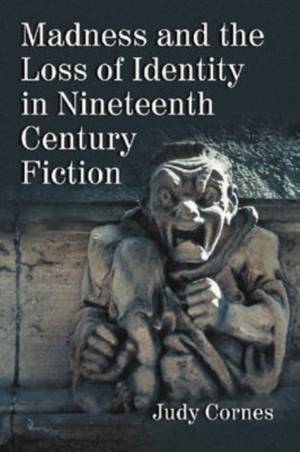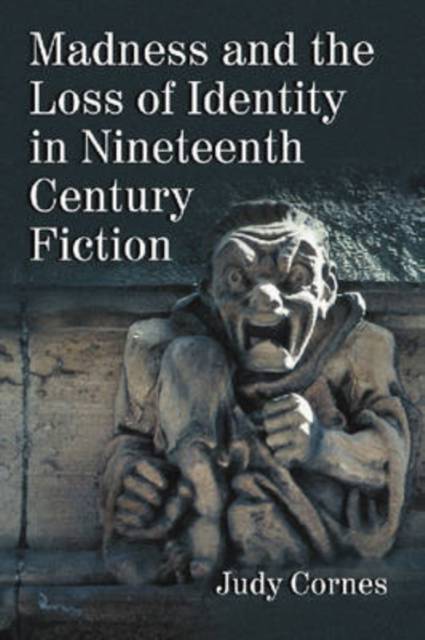
- Retrait gratuit dans votre magasin Club
- 7.000.000 titres dans notre catalogue
- Payer en toute sécurité
- Toujours un magasin près de chez vous
- Retrait gratuit dans votre magasin Club
- 7.000.000 titres dans notre catalogue
- Payer en toute sécurité
- Toujours un magasin près de chez vous
Description
An obsession with individual identity pervaded Western thinking in the nineteenth and early twentieth centuries. This critical study examines the concept of identity in the works of nineteenth century American and British authors, focusing especially on psychologically mad, vague, shifting and dualistic characterization. Authors examined include Ambrose Bierce, Henry James, Wilkie Collins, Robert Louis Stevenson, Charles Chesnutt, Lillie Devereux Blake, and Mary Elizabeth Braddon. The text discusses how each author was influenced by contemporary events (such as the American Civil War, slavery, the Second Great Awakening, and the beginnings of modern psychology), how those experiences shaped contemporary intellectual thought regarding identity, and how the resulting concern with personal identity was manifested in literary characters who were either in search of or running from themselves.
Spécifications
Parties prenantes
- Auteur(s) :
- Editeur:
Contenu
- Nombre de pages :
- 224
- Langue:
- Anglais
Caractéristiques
- EAN:
- 9780786432240
- Date de parution :
- 11-09-07
- Format:
- Livre broché
- Format numérique:
- Trade paperback (VS)
- Dimensions :
- 168 mm x 229 mm
- Poids :
- 308 g







